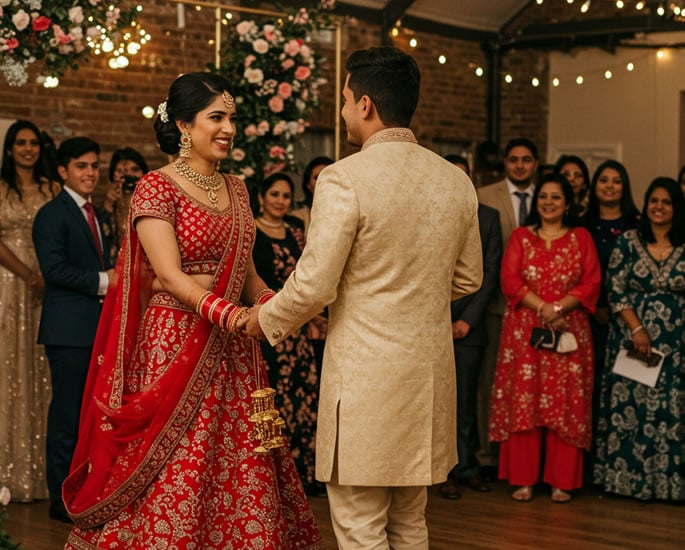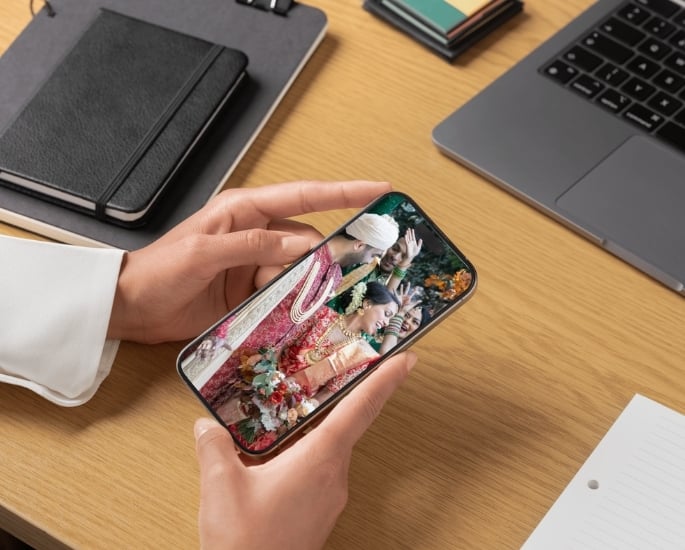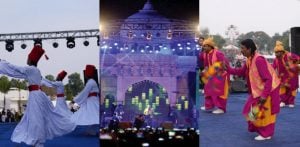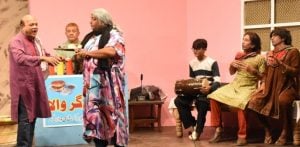"when I look at the numbers, it just doesn't make sense."
For generations of British Asians, weddings have been grand spectacles that unite families, uphold cultural traditions, and display community pride.
Guest lists can stretch into the hundreds, outfits are planned months in advance, and budgets often soar into five figures.
Weddings symbolise family honour and collective celebration as much as personal love.
But British South Asian Gen Z people are quietly redefining this tradition.
Growing up amid rising living costs, unstable housing markets, and the influence of digital financial education, this generation is rethinking what a “dream wedding” should look like.
The clash between a £50,000 wedding and the rising cost of a first home has created a new cultural dilemma.
For many, financial security and future investment are beginning to outweigh the once-unquestioned expectation of a grand, traditional wedding.
The New Financial Reality

For today’s young adults, homeownership has become a coveted but challenging goal.
In 2024, the average home in the UK cost £288,000, with prices steadily increasing. For British South Asian Gen Z, this reality often collides with parental expectations of lavish weddings.
A 2025 report shows that 29% of Gen Z plan to buy a home within three years, but the path is rarely straightforward.
Weddings that once felt obligatory now represent a significant financial trade-off.
Twenty-four-year-old trainee solicitor Aisha said:
“My parents had a huge wedding, and they’ve always talked about wanting the same for me.
“But when I look at the numbers, it just doesn’t make sense.
“A £50,000 wedding could be a massive deposit on a flat in a good area. It’s a choice between a three-day party and a long-term investment in my future.
“For me, the security of owning my own home has to come first.”
This perspective reflects a broader generational trend.
A study by Charles Russell Speechlys found that a third of Gen Z would use inheritance to buy property outright, while 32% would use it for a deposit.
For many, the shift is less about rejecting culture and more about prioritising long-term stability over short-term spectacle.
Family Conversations & Generational Tensions

The decision to scale back or delay a wedding is rarely simple.
In South Asian communities, weddings are more than personal milestones; they are public events that showcase family status and cultural continuity.
A smaller celebration can feel, to some parents, like a rejection of those values.
Jay confessed: “It was a really tough conversation to have with my parents.
“They saw it as me being ashamed of our culture, or not wanting to celebrate with our family. I had to create a spreadsheet to show them the long-term financial benefits of buying a property first.
“I explained that it wasn’t about rejecting our heritage, but about building a stable foundation for my future family.”
“It took a lot of conversations, but eventually, they came around to the idea of a smaller, more meaningful celebration and helping us with the deposit instead.”
Stories like Jay’s are increasingly common.
Gen Z is blending respect for tradition with financial pragmatism.
Many use clear financial plans and digital budgeting tools to communicate their priorities, helping their parents see the choice as practical rather than rebellious.
The Rise of the Micro-Wedding

This generational shift is giving rise to new wedding trends.
The “micro-wedding”, with its smaller guest list and personalised details, has become an attractive alternative for young British South Asians seeking a balance between tradition and practicality.
According to CompareWeddingInsurance.org.uk, the average UK wedding in 2025 costs £25,625, but some British South Asian couples are cutting costs dramatically without sacrificing meaning.
Guest lists are trimmed, registry offices or community venues replace expensive hotels, and décor or catering is often handled in-house.
Teacher Meera, who has been married for a year, said:
“We had a guest list of 50 of our closest friends and family.
“We had the ceremony at a local registry office and then a big party in a pub garden.
“We still had all the traditional elements that were important to us, like the religious ceremony and the mehndi, but we did it on our own terms.
“We probably spent around £10,000 in total, and the rest of our savings went towards the deposit on our two-bedroom house.”
This approach is increasingly popular. Couples still honour the cultural core of their wedding but in a way that supports their future goals.
It is a pragmatic reimagining of tradition, reflecting the values of a generation that prizes authenticity and financial independence.
The Dual Role of Social Media

Social media is shaping this cultural transition in complex ways.
Platforms like Instagram and TikTok amplify the pressure to host “perfect” weddings. Viral videos and influencer posts showcase luxury décor, designer outfits, and choreographed performances that can make extravagant weddings feel like the standard.
Yet these same platforms empower Gen Z to redefine expectations.
Hashtags like #microwedding and #diywedding feature couples proudly celebrating on their own terms.
Financial influencers provide step-by-step guidance on budgeting, investing, and balancing cultural expectations with financial realities.
Aisha explained:
“I follow a lot of financial bloggers on Instagram who talk about this exact issue.”
“It’s reassuring to know that I’m not the only one who feels this way. It’s empowering to see other young people making these choices and sharing their experiences.”
Online communities allow young couples to exchange tips, resist comparison culture, and normalise smaller, meaningful weddings.
For many, social media has become a space not just of inspiration, but of validation.
Stability Over Spectacle

The shift towards prioritising homeownership and financial stability signals a broader change in values.
Experiences, security, and long-term freedom are becoming more important than one-off displays of wealth.
Simran doesn’t like the idea of a big fat wedding and believes the savings could be put to better use:
“I’d rather spend my money on travelling the world with my partner than on a huge wedding.
“Those are the memories that will last a lifetime.
“A house gives us the freedom to do that, without the financial pressure of a massive wedding debt hanging over us.”
Gen Z is not abandoning tradition but reshaping it. They are proving that cultural pride can coexist with modern financial realities.
Smaller weddings, intimate celebrations, and prioritising investments over extravagance mark a new model of success.
As this generation comes of age, the British South Asian wedding will continue to evolve.
The grand, multi-day events of the past may not vanish, but they will share space with more personalised, cost-conscious celebrations.
The essence of the wedding, love, family, and community, remains, but expressed in ways that also secure a couple’s future.
The decision between a lavish wedding and a house deposit is now a cultural statement.
It reflects a generation that values financial literacy, independence, and experiences over spectacle.
In doing so, they are rewriting what it means to be British, South Asian, and successful in the 21st century.






























































